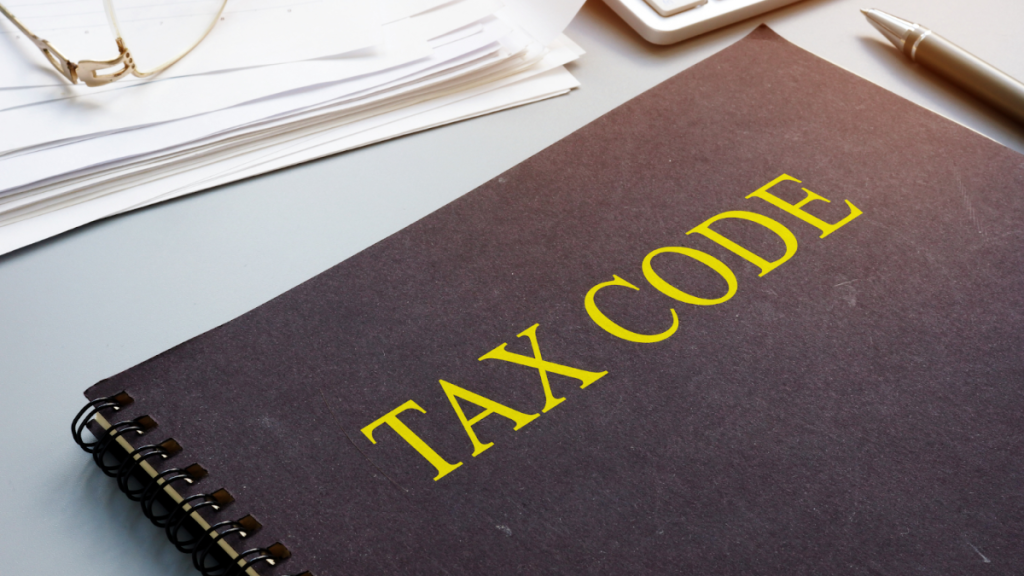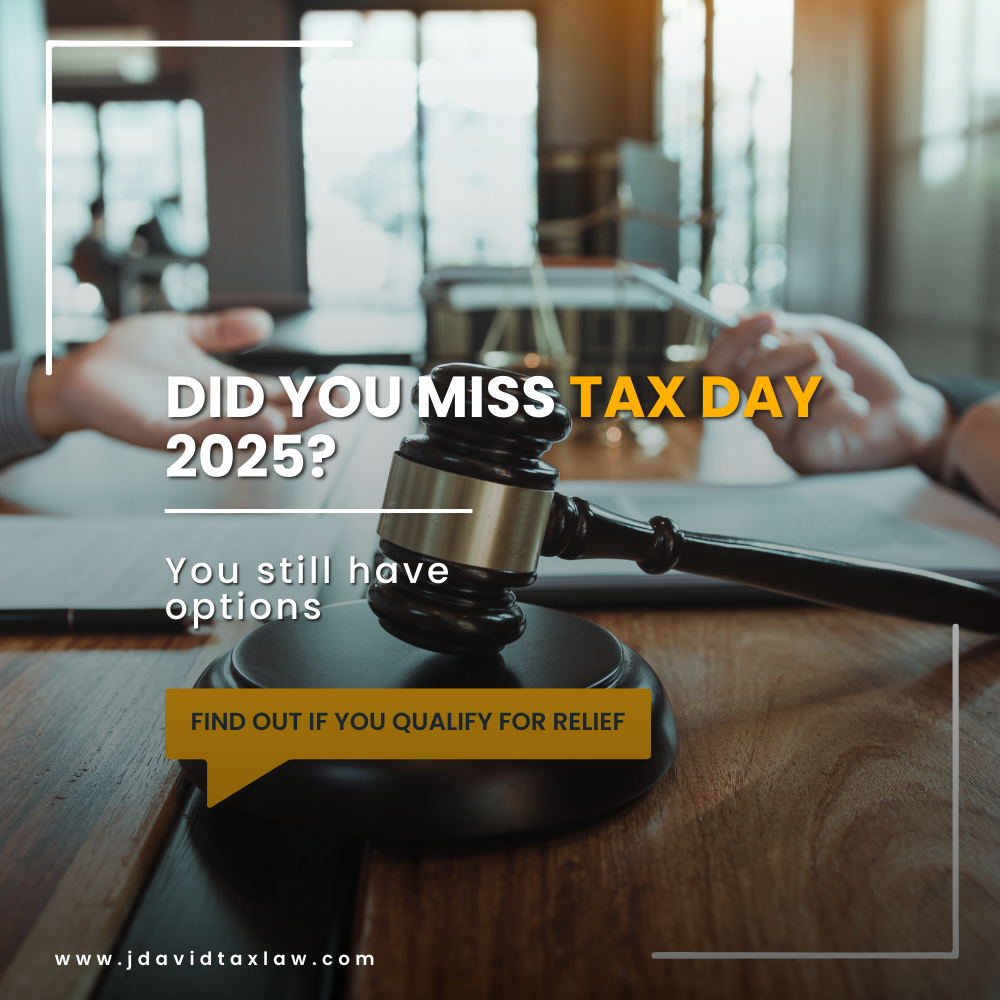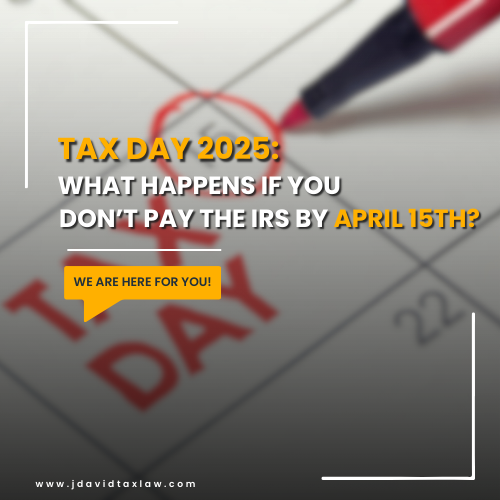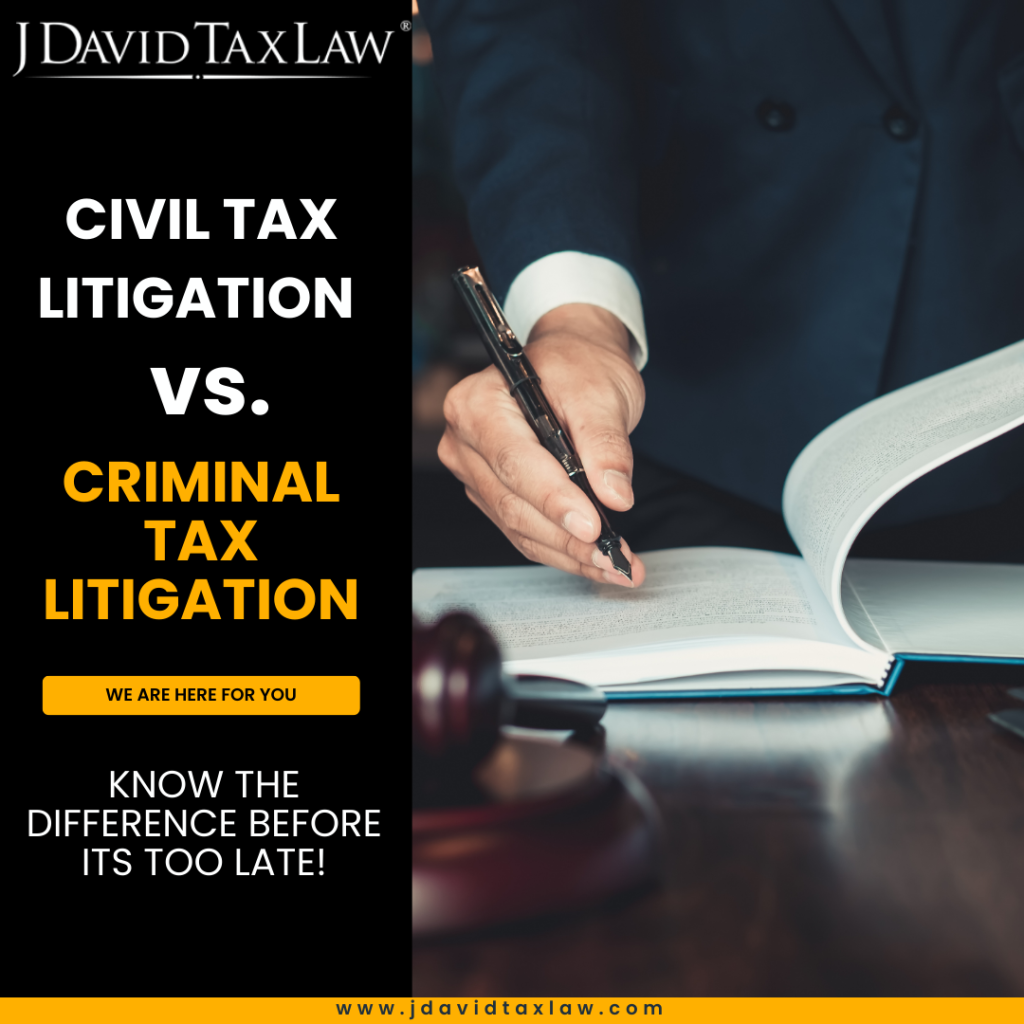IRS Form 8857, also known as the IRS Innocent Spouse Relief Form, is a critical tool that taxpayers can use to request relief from a joint tax liability. When married couples file joint tax returns, they become jointly and severally liable for any tax owed. This means both spouses are equally responsible for the total tax debt, regardless of who earned the income. However, in certain situations, one spouse may seek relief from this liability if they believe their spouse or former spouse should bear the responsibility for the tax debt.
Understanding Joint and Several Liability on Form 8857
When you file a joint tax return, the IRS treats both spouses as equally responsible for the taxes owed. This includes not just the tax originally reported but also any subsequent IRS adjustments to the return, such as unreported income or disallowed deductions. The concept of joint and several liability means that the IRS can collect the entire tax debt from either spouse, regardless of their individual contribution to the income or deductions.
For example, if your spouse underreported income or claimed erroneous deductions, you may still be liable for the resulting taxes, penalties, and interest. Even in the case of divorce, joint liability remains unless the IRS grants you relief through the innocent spouse form (Form 8857).
The Purpose of Innocent Spouse Relief
Innocent Spouse Relief is designed to protect individuals who were unaware of the erroneous items on a joint tax return. By filing Form 8857, you can request that the IRS relieve you of the responsibility for taxes, penalties, and interest related to your spouse or former spouse’s misreported income. To qualify for this relief, you must demonstrate that you had no knowledge of the underreported income or improper deductions at the time you signed the return, and that holding you responsible would be unfair given the circumstances.
IRS Form 8857 offers a way to seek relief, but navigating the details isn’t always easy. We’re here to help you through every step—start your free consultation today and protect yourself from unfair tax burdens.
When Should You File Innocent Spouse Form 8857?
Filing Form 8857 becomes essential when you’re faced with unexpected tax liabilities from a joint tax return caused by your spouse’s or former spouse’s actions, such as unreported income or other erroneous items. If you believe these debts should not fall on your shoulders, the IRS provides an option for innocent spouse relief, allowing you to seek protection from being unfairly held responsible.
But how do you determine the right time to file? Let’s explore the key situations that may prompt you to file Form 8857, along with circumstances where it might not be the best course of action, so you can move forward with clarity.
Awareness of Tax Liability
The need to file Form 8857 typically arises when you become aware of additional tax liability that you feel should be attributed to your spouse or former spouse. For instance, the IRS might audit a joint income tax return you filed, and they discover unreported income or claim that a deduction was not legitimate. As a result, you could be held accountable for the entire tax liability, penalties, and interest, even if you were unaware of the errors when signing the return.
Situations that may bring your attention to this tax liability include:
Receiving an IRS notice about underpaid taxes due to erroneous items or discrepancies.
The IRS intercepts your tax refund or takes collection actions for tax debts related to a joint return.
Being informed by the IRS about additional income your spouse failed to report.
Once you are aware of these tax issues, you should act quickly. Filing innocent spouse form 8857 must generally occur within two years of collection activity, such as a tax refund offset or a notice of the IRS’s intention to collect. Delaying your claim for relief could result in losing eligibility for certain types of relief.
Curious how our tax attorneys simplify the process of filing IRS Form 8857? See our process
Situations Where You Shouldn’t File 8857
Not every situation warrants filing 8857 forms.There are certain circumstances in which the IRS will not grant innocent spouse relief or where this form isn’t the correct solution. For example:
Prior Determination
If a court has already made a final ruling on whether to grant you relief from joint and several liability, and they denied the request, you cannot file Form 8857 again. Even if you meaningfully participated in the proceedings but didn’t request relief at the time, you are not eligible to file this form later.
Agreements with the IRS
If you previously entered into an installment agreement or closing agreement with the IRS that settles the same tax issues you’re now trying to dispute, you may not file a claim for relief. Exceptions do apply in specific situations, such as in TEFRA partnership proceedings.
Non-Qualifying Marital Status
If you and your spouse are still married and living together, or you have not been apart for a 12-month period, you likely won’t qualify for separation of liability relief.
Ineligible Tax Year
If the IRS has not yet taken collection activity, or if you’re trying to file for a tax year unrelated to your spouse’s or former spouse’s erroneous items, you may not need to file.
Ineligible Situations
You should not file Form 8857 if you filed a separate return, as innocent spouse relief is specific to joint tax filings.
Knowing when not to file can save you time and ensure you pursue the right course of action to resolve your tax liabilities. For situations where innocent spouse relief doesn’t apply, consider speaking with a tax professional like J David Tax Law who can guide you toward other potential forms of relief, such as Equitable relief or other types of relief that might apply to your case.
Types of Relief Available with Form 8857
When you file Form 8857, the IRS provides several types of relief to help you manage unexpected tax liabilities stemming from your spouse’s or former spouse’s actions. Here’s a detailed look at each type of relief from liability for tax that you may be eligible for:
Innocent Spouse Relief
Innocent Spouse Relief is the most commonly used form of relief. It’s designed to protect you if your spouse or former spouse is responsible for erroneous items that caused an additional tax liability on your joint income tax return. To qualify, you must show that when you signed the return, you didn’t know, and had no reason to know, that the tax was understated due to your spouse’s actions. This type of relief is especially useful when there are unreported income or incorrect deductions made by your spouse that you were unaware of at the time.
You can request innocent spouse relief if it would be unfair to hold you liable for the tax debt based on all facts and circumstances.
You remain eligible for partial relief if you knew about some, but not all, of the erroneous items.
Separation of Liability Relief
If you are now divorced, legally separated, or have been living apart for a 12-month period, you may qualify for Separation of Liability Relief. This option allows you to separate the tax debt between you and your spouse or former spouse, assigning responsibility for the erroneous items only to the spouse responsible for them.
To qualify for this relief, you must no longer be married or have been living apart for a full 12-month period.
This type of relief is ideal for those who want to ensure they’re only responsible for their share of the tax, not for their spouse’s errors.
Equitable Relief
When you don’t qualify for Innocent Spouse Relief or Separation of Liability Relief, you might still be eligible for Equitable Relief. This form of relief is available when the IRS determines that it would be unfair to hold you liable for the tax debt, considering your financial situation and the circumstances surrounding the tax return. This is the only relief option available if the tax was correctly reported on the return but remains unpaid due to an arrangement with your spouse that wasn’t fulfilled.
Equitable relief is available if holding you responsible would cause economic hardship or if there are other significant factors that make it unfair.
It’s also useful in cases where your spouse or former spouse left you with unpaid tax debts despite arrangements.
Relief for Community Property States
This type of relief isn’t as common and applies only to those community property states—such as Arizona, California, Texas, or Louisiana—you and your spouse share joint responsibility for community income earned during the marriage. However, under certain circumstances, you may be eligible for relief from liability for tax attributable to an item of community income if your spouse was responsible for the income and you were unaware of it.
You can request relief if you didn’t include the item in your separate return and can prove you had no knowledge of it.
Community property laws can complicate tax filings, so relief in these cases may depend on specific facts about your marital status and financial involvement.
Step-by-Step Guide to Filing Form 8857
Filing Form 8857 for innocent spouse relief can seem very complicated, but by breaking it down into simple steps, the process becomes more manageable. Whether you’re addressing joint tax liabilities or seeking protection from erroneous items like unreported income, here’s a detailed guide to help you.
Determine Your Eligibility
Before starting Form 8857, it’s important to verify that you’re eligible for one of the types of relief offered by the IRS, such as Innocent Spouse Relief, Separation of Liability Relief, or Equitable Relief. If you believe your spouse or former spouse caused the tax issue through actions like failing to report income, this form is your path to relief. Our attorneys can assess your eligibility, ensuring you qualify for the correct type of relief.
Gather Required Information
To complete Form 8857 accurately, you’ll need to gather essential details, including:
Information from the joint tax return for the tax years in question.
Your marital status, such as whether you’re divorced, separated, or living apart for at least 12 months.
Any notices from the IRS regarding collection activity or determination letters.
Find out how our team can help gather the necessary documents to build a strong case for your claim.
Fill Out Form 8857
Complete the form carefully, providing all necessary details about the tax years and why you believe your spouse or former spouse should be responsible for the additional tax liability. Make sure to explain any erroneous items that contributed to the tax debt. Our tax attorneys will guide you through filling out the form, ensuring that all information is correct and complete.
Attach Supporting Documents
Supporting documents are essential to strengthening your innocent spouse claim. You’ll need to include:
Copies of your joint income tax return.
Any IRS correspondence or preliminary determination letters.
Financial records if you’re claiming equitable relief due to economic hardship.
Submit Your Form
Once you’ve filled out Form 8857 and gathered the supporting documents, you can submit it by mail or fax to the IRS. Ensure you’re using the correct address or fax number listed in the form instructions. Our tax specialists can handle the entire submission process for you, ensuring it’s completed accurately and on time—so you can avoid the hassle and focus on what matters most.
Follow Up with the IRS
After submission, the IRS will review your claim and notify your spouse or former spouse. You’ll receive determination letters outlining their decision. If you or your spouse disagrees with the IRS findings, you have the right to appeal.
Your Tax Relief Questions, Answered
Innocent Spouse Relief allows you to avoid liability for taxes due to your spouse’s or former spouse’s actions on a joint tax return. If you were unaware of erroneous items, such as additional income or false deductions claimed by your spouse, you may be eligible for relief. This provision ensures that you aren’t held responsible for tax debts you didn’t cause or know about. Check if you qualify for Innocent Spouse Relief in one minute and let us handle the application process for you.
What are the four types of innocent spouse relief?
The four types of Innocent Spouse Relief are:
- Innocent Spouse Relief, which applies if you were unaware of erroneous items on a joint return.
- Separation of Liability Relief, for those who are divorced, legally separated, or living apart.
- Equitable Relief, if you don’t qualify for other types but can prove it would be unfair to hold you liable.
- Relief for Community Property States, which applies in states where both spouses are responsible for community income.















